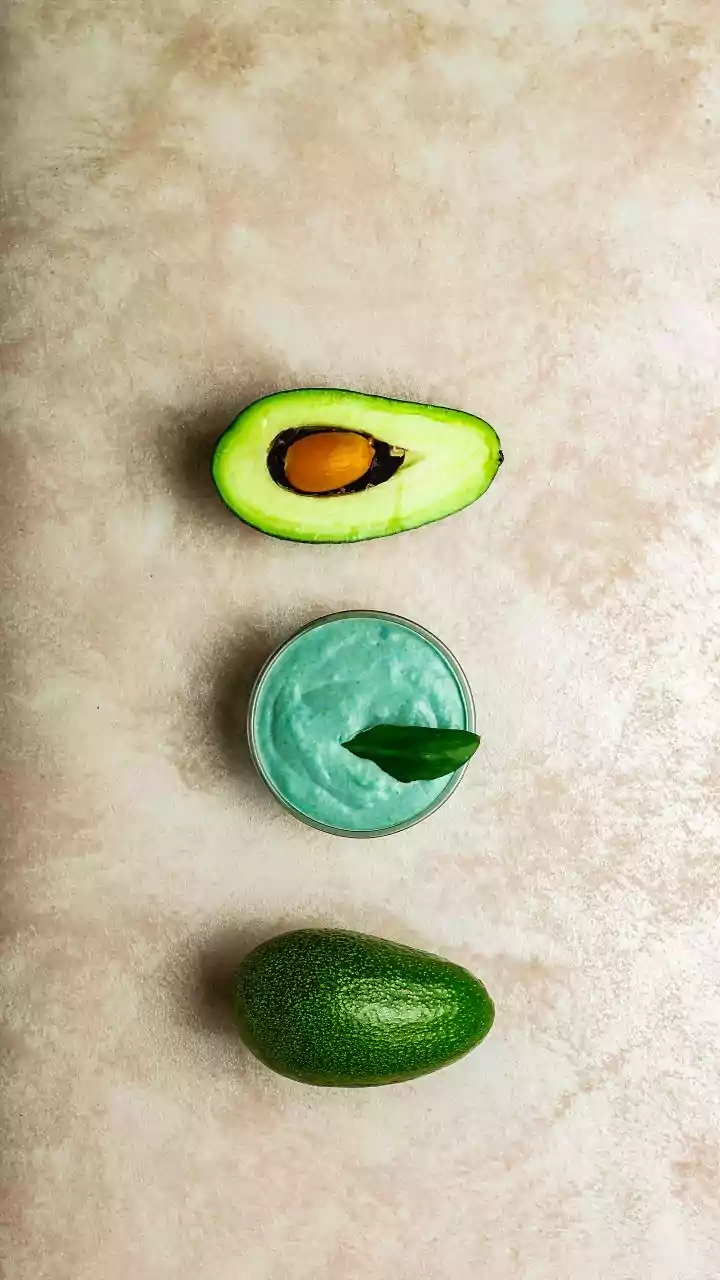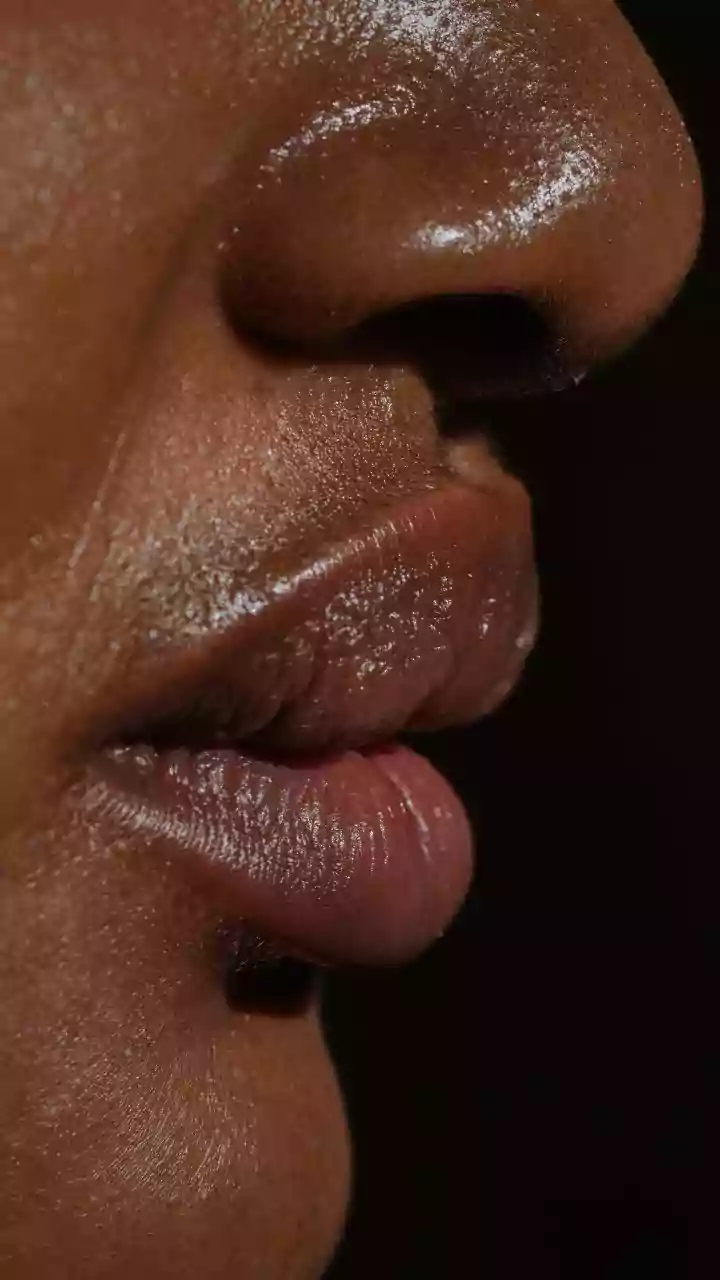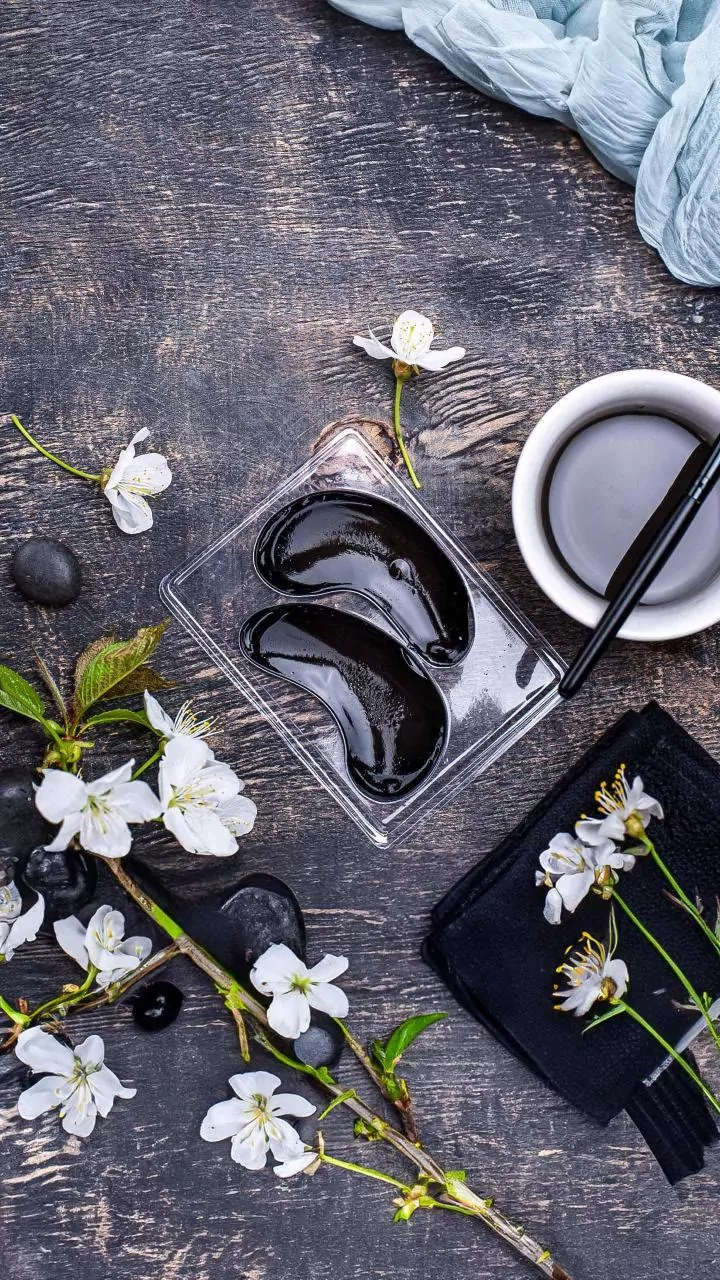Understanding Hair Growth
Hair growth is a fascinating biological process influenced by numerous factors. It typically occurs in three phases: anagen (growth), catagen (transition),
and telogen (resting). The anagen phase can last for several years, influencing hair length, while the catagen phase is shorter, and the telogen phase sees the hair resting and eventually shedding. Genetics play a significant role in hair growth rate and hair thickness. Hormonal imbalances, stress, and poor nutrition can negatively affect the hair growth cycle, leading to thinning or hair loss. Understanding these phases and influencing factors is the first step towards promoting healthy hair growth and maintaining a vibrant head of hair.
Nourishing from Within
A balanced diet rich in essential nutrients is critical for promoting hair growth. Proteins are the building blocks of hair, so adequate protein intake is vital. Iron deficiency is a common cause of hair loss, so ensure sufficient iron intake through foods like spinach, lentils, and fortified cereals. Biotin, a B-vitamin, is renowned for its role in hair health, and can be found in eggs, nuts, and seeds. Zinc, found in oysters and pumpkin seeds, also helps support hair growth. Incorporating these nutrients into your daily diet ensures your body has the building blocks it needs to produce strong, healthy hair. Consider supplements if dietary intake is insufficient, but always consult a healthcare professional first.
Effective Topical Treatments
Various topical treatments can stimulate hair growth and improve hair health. Essential oils, such as rosemary, peppermint, and cedarwood, have shown promising results in stimulating hair growth. Mix them with a carrier oil like jojoba or coconut oil before applying to the scalp. Massaging the scalp regularly with these oils enhances blood circulation, which helps nourish hair follicles. Minoxidil, an over-the-counter medication, is a widely used treatment for hair loss, but it's important to use it as directed and be aware of potential side effects. Always patch-test new products to check for allergic reactions before using them on your entire scalp. Be patient; results often take time to become visible.
Lifestyle & Hair Care
Your lifestyle and hair care habits significantly impact your hair growth journey. Stress can disrupt the hair growth cycle; thus, managing stress through yoga, meditation, or other relaxation techniques is important. Protect your hair from sun exposure and harsh environmental conditions, as this can lead to damage and breakage. Avoid aggressive styling practices, such as tight hairstyles and excessive heat styling, which can weaken hair follicles and cause hair loss. Opt for gentle shampoos and conditioners free from harsh chemicals, such as sulfates and parabens. Regular trims are essential to remove split ends and maintain hair health, encouraging growth. By making these changes, you create an environment that supports healthy hair growth.
The Role of Scalp Health
A healthy scalp is essential for optimal hair growth. Keep your scalp clean by washing your hair regularly, removing product buildup and dead skin cells. Exfoliating your scalp can help remove these impurities and promote blood circulation. Addressing scalp conditions, such as dandruff or seborrheic dermatitis, is critical, as they can impede hair growth. Use medicated shampoos or consult a dermatologist for treatment. Avoid harsh chemicals and treatments that can irritate the scalp. A balanced scalp environment is the foundation for healthy hair growth. Regular care and attention to your scalp will improve your hair's overall health and encourage growth.





















